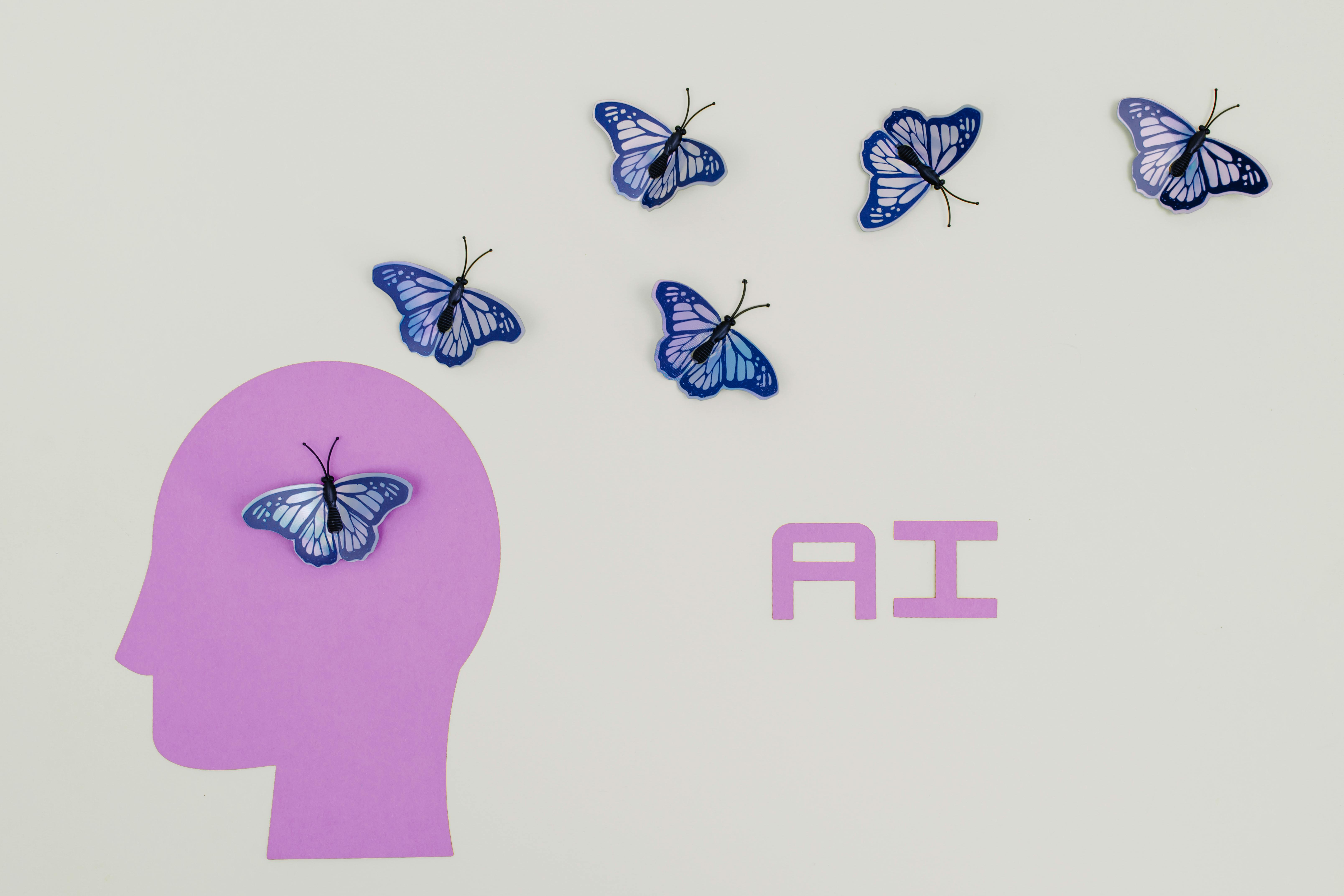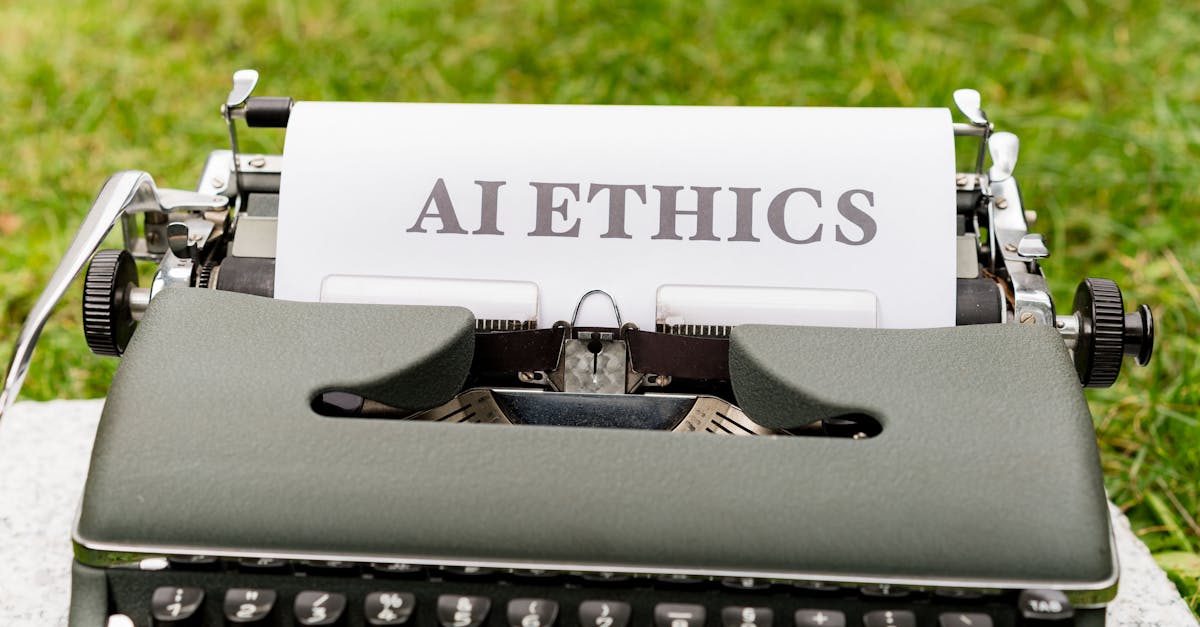Your AI Mental Health Coach: The Pros, Cons, and Ethical Questions to Consider
In recent years, the integration of artificial intelligence (AI) into the field of mental health has garnered significant attention. As mental health issues become more prevalent, AI-driven tools promise to offer scalable, personalized, and accessible support. These tools range from chatbots simulating therapeutic conversations to sophisticated algorithms predicting mental health crises. As we delve into this topic, it's crucial to weigh the potential benefits and drawbacks these AI systems present. This article will explore the pros and cons of AI mental health coaches and address the ethical questions that arise from their use, aiming to provide a comprehensive understanding of their impact on mental health care.
The Pros: Accessibility and Affordability

One of the most compelling advantages of AI mental health coaches is their ability to democratize access to mental health care. Traditional therapy can be expensive and geographically limited, but AI systems can offer support to anyone with an internet connection. These tools operate 24/7, providing immediate assistance without the need for appointments or waiting lists. Moreover, they can be significantly more affordable than human therapists, making mental health support accessible to a broader audience. This increased accessibility can lead to early intervention, potentially preventing the escalation of mental health issues and reducing the burden on healthcare systems.
The Pros: Personalization and Data-Driven Insights

AI mental health coaches can offer highly personalized experiences by analyzing vast amounts of data to tailor interventions to individual needs. Through machine learning, these systems can detect patterns in a user's behavior, mood, and interactions, adjusting their responses and recommendations accordingly. This data-driven approach enables AI tools to provide insights that may not be immediately apparent to human therapists, potentially leading to more effective treatment plans. Furthermore, AI can continuously learn and improve its interventions, offering a dynamic and evolving form of support that adapts to the user's changing mental health landscape.
The Cons: Lack of Human Empathy

Despite their many advantages, AI mental health coaches lack the human touch that is often crucial in therapeutic settings. Empathy, understanding, and the nuanced interpretation of emotions are areas where AI still falls short. Human therapists can offer a level of emotional support and connection that AI cannot replicate, which is often critical for building trust and rapport. This limitation may hinder the effectiveness of AI in addressing complex emotional issues or crises where human empathy plays a pivotal role. Users may feel isolated or misunderstood when interacting with an AI, potentially exacerbating their mental health challenges.
The Cons: Privacy and Data Security Concerns

The use of AI in mental health raises significant privacy and data security concerns. These systems rely on collecting and analyzing sensitive personal data, which could be vulnerable to breaches or misuse. Users must trust that their information is handled securely and ethically, yet the potential for data leaks or unauthorized access remains a serious risk. Additionally, questions arise about how this data is stored, who has access to it, and how it might be used in the future. Ensuring robust data protection measures and transparent privacy policies is essential to maintaining user trust and safeguarding sensitive information.
Ethical Questions: Informed Consent and Autonomy

The deployment of AI mental health coaches raises important ethical questions regarding informed consent and user autonomy. Users must have a clear understanding of how these systems work, the data they collect, and the limitations of AI-driven interventions. Ensuring that individuals can make informed decisions about their mental health care is crucial. Additionally, there is a need to preserve user autonomy, allowing individuals to choose whether to engage with AI or seek traditional therapy. Balancing the innovative potential of AI with respect for individual rights and choices is a critical ethical consideration in their implementation.
Ethical Questions: Bias and Fairness in AI

AI systems are only as unbiased as the data they are trained on, and biases in training data can lead to unfair or discriminatory outcomes. In mental health, this could mean that certain populations receive less accurate or effective support. For example, cultural differences in expressing emotions or mental health symptoms might not be adequately recognized by AI trained predominantly on data from Western populations. Addressing these biases is essential to ensure that AI mental health coaches provide equitable support to all users, regardless of their background, and do not inadvertently perpetuate existing disparities in mental health care.
Ethical Questions: Accountability and Liability

Determining accountability and liability in the use of AI mental health coaches presents another ethical challenge. If an AI system provides inadequate or harmful advice, it is unclear who should be held responsible—the developers, the healthcare providers utilizing the technology, or the AI itself? This lack of clarity can complicate legal and ethical accountability, particularly in cases where AI interventions lead to adverse outcomes. Establishing clear guidelines and frameworks for accountability is essential to protect users and ensure that AI systems are held to high standards of safety and efficacy.
The Role of Human Oversight

While AI can offer valuable support in mental health care, human oversight remains crucial. AI systems should complement, not replace, human therapists, providing additional tools and insights that enhance traditional therapy. Human oversight ensures that AI interventions are applied appropriately and ethically, with professionals available to step in when complex or high-risk situations arise. This collaborative approach can maximize the benefits of AI while mitigating its limitations, ensuring that users receive comprehensive and effective mental health care that leverages the strengths of both technology and human expertise.
Future Directions: Advancements and Innovations

The future of AI in mental health is promising, with ongoing advancements and innovations poised to enhance its capabilities. Researchers are exploring ways to improve AI's emotional intelligence, enabling it to better understand and respond to human emotions. Additionally, advancements in natural language processing and machine learning could lead to more sophisticated and nuanced AI interactions. As technology continues to evolve, so too will the potential applications of AI in mental health, offering new opportunities for support and intervention. Embracing these innovations while addressing ethical and practical challenges will be key to realizing the full potential of AI in this field.
Balancing Innovation with Responsibility

The integration of AI into mental health care presents both exciting opportunities and significant challenges. While AI mental health coaches offer increased accessibility, personalization, and innovation, they also raise important ethical and practical questions. Balancing the benefits of AI with the need for empathy, privacy, and accountability is essential to their successful implementation. As we move forward, it is crucial to approach AI in mental health with both optimism and caution, ensuring that these tools are used responsibly and ethically to enhance, rather than replace, human-centered care. By doing so, we can harness the power of AI to improve mental health outcomes while respecting the dignity and rights of all individuals.
